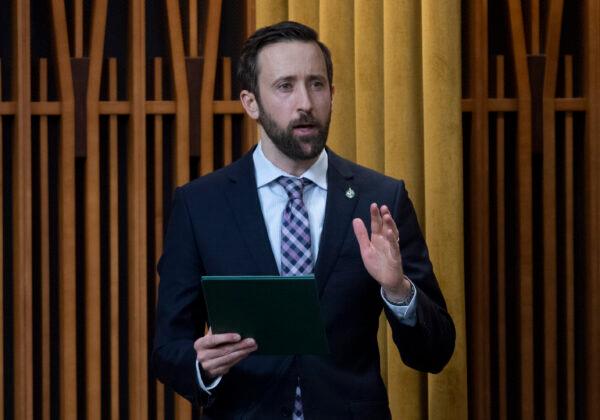Legal action has been launched against the University of British Columbia for cancelling a planned speaking event featuring Andy Ngo, an American journalist who frequently reports on the far-left militant group Antifa.
The Justice Centre for Constitutional Freedoms is suing UBC on behalf of the Free Speech Club, which had been given the green light to hold the event on Jan. 29. However, the university pulled the plug on the event without notice, citing safety concerns.





